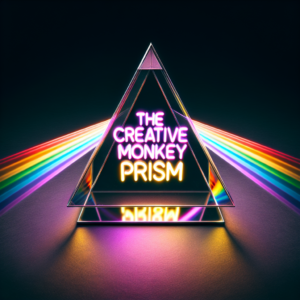Caught between the polarity of right actions and a feeling of being the wrong person, we might stumble upon a junction that urges us to reevaluate our beliefs, identity, and future visions. This crossroad (confusing as it might be) can be a profound catalyst for self-discovery and transformation.
10 Insights from Navigating Right Actions and Wrong Self-Perception
- Identity and Actions: Identity isn’t just about who we think we are, but also about our actions and their impacts.
- Imposter Syndrome: Feeling like the ‘wrong’ person doing ‘right’ things can be a manifestation of imposter syndrome.
- Moral Compass: Even if we feel out of place, adhering to a moral compass can guide us towards ‘right’ actions.
- Dissonance: Cognitive dissonance can occur when our actions do not align with our self-image.
- Change: Change is a constant in life. Sometimes we evolve into someone we didn’t expect to be, but that doesn’t necessarily mean it’s ‘wrong.’
- Self-Acceptance: Accepting oneself, even with perceived incongruences, is a key step towards personal growth.
- Perfection is a Myth: There’s no ‘perfect’ person or way of being. It’s our quirks and contrasts that make us unique.
- Reframing: Sometimes, feeling like the ‘wrong’ person can be reframed as being the ‘right’ person in growth.
- Authenticity: Striving for authenticity over fitting a certain image can help resolve feelings of being the ‘wrong’ person.
- Inner Strength: It takes courage and strength to continue doing the right things when feeling like the wrong person.
QR Poet Summary
While feeling like the ‘wrong’ person but doing the ‘right’ things can be disorienting, it can also provide an opportunity for personal growth, self-acceptance, and authenticity. Even amidst doubts and insecurities, staying true to one’s moral compass can guide us through life’s complexities.
The Big Question
How can we navigate the dissonance between our actions and self-perception, and what does it teach us about authenticity, growth, and the dynamics of our identity?










